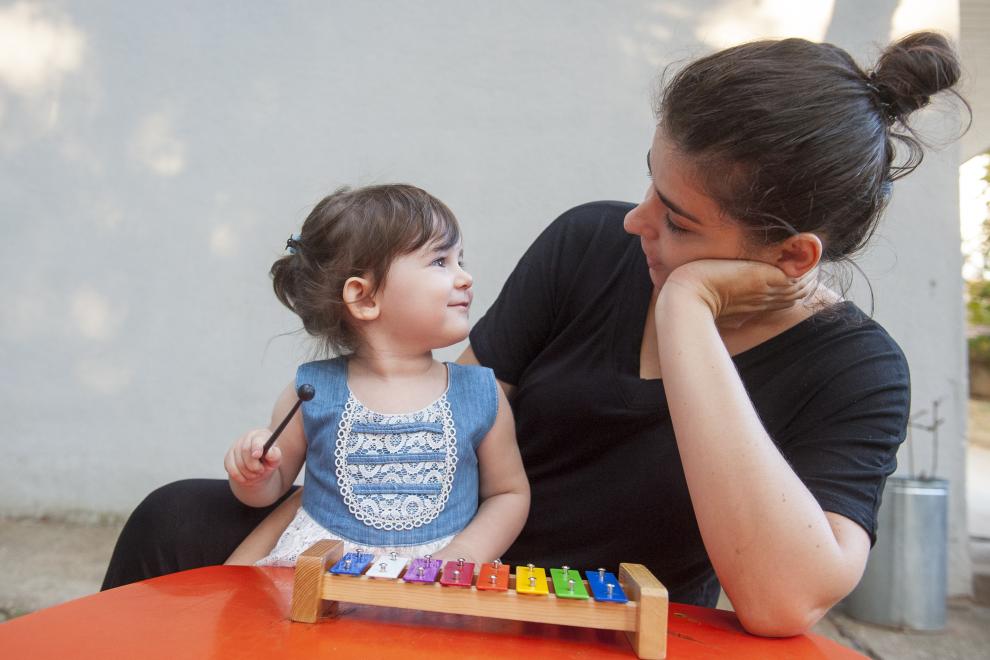Disciplining children can be a difficult task for any parent, but it is a necessary one if you want to raise a responsible, respectful, and successful individual. Luckily, there are many effective techniques that you can use to teach your child the importance of following rules and developing self-control. In this article, we will provide you with tips and tricks on how to discipline your child effectively and in an engaging way. With a little bit of patience and consistency, you can help your child learn the value of following rules and being accountable for their actions.
Set clear expectations

When setting expectations for a child, be clear and specific. Make sure to communicate how the child should respond in a given situation, and make sure they understand the consequences if they do not meet the expectations. This will help the child understand how to behave appropriately in the future.
It is important to remember that discipline isn’t just about punishment, it is also about teaching your child how to make better decisions and learn from their mistakes.
Establish consequences

Establishing consequences for a child is integral to effective discipline. It is important to make sure that the consequences are age-appropriate and relevant to the action that the child took. Additionally, it is important to make sure that the consequence is consistent and that the child understands why they are receiving it.
When disciplining a child, it is important to ensure that the consequences are appropriate and consistent. This will help the child to understand the boundaries and learn how to make better decisions in the future.
Follow through consistently

Consistency is key when disciplining a child. Establishing clear rules and consequences and enforcing them consistently will help your child to learn appropriate behavior. It is important to remain consistent and not give in, or your child may become confused.
It’s important to be consistent with discipline when dealing with children. Establishing a set of rules, and consequences for breaking them, will help children understand what is expected of them and why.
Remain calm, firm, and patient

It is important to remain calm when disciplining a child. Showing patience and firmness will help them understand the consequences of their actions and why they are receiving discipline. Keeping a level head and explaining why their behavior is wrong will help your child learn better.
When disciplining a child, it is important to remain calm. Take the time to explain why the behavior is unacceptable and how it can be improved. Avoid using punishments that are too harsh and be sure to provide positive reinforcement for good behavior.
Praise and reward good behavior

Positive reinforcement such as praise and rewards are an effective way to encourage good behavior. Rewarding children with treats, verbal praise, or extra privileges can help reinforce the idea that positive behavior is desirable.
Disciplining a child effectively requires consistency. Establishing consistent rules and expectations and enforcing them in a calm and reasonable manner is essential for creating a positive environment for your child’s growth.
Talk and listen openly.

When communicating with your child, make sure that you take the time to listen to their point of view and really try to understand them. This will help you to create an open dialogue which can help when disciplining your child.




